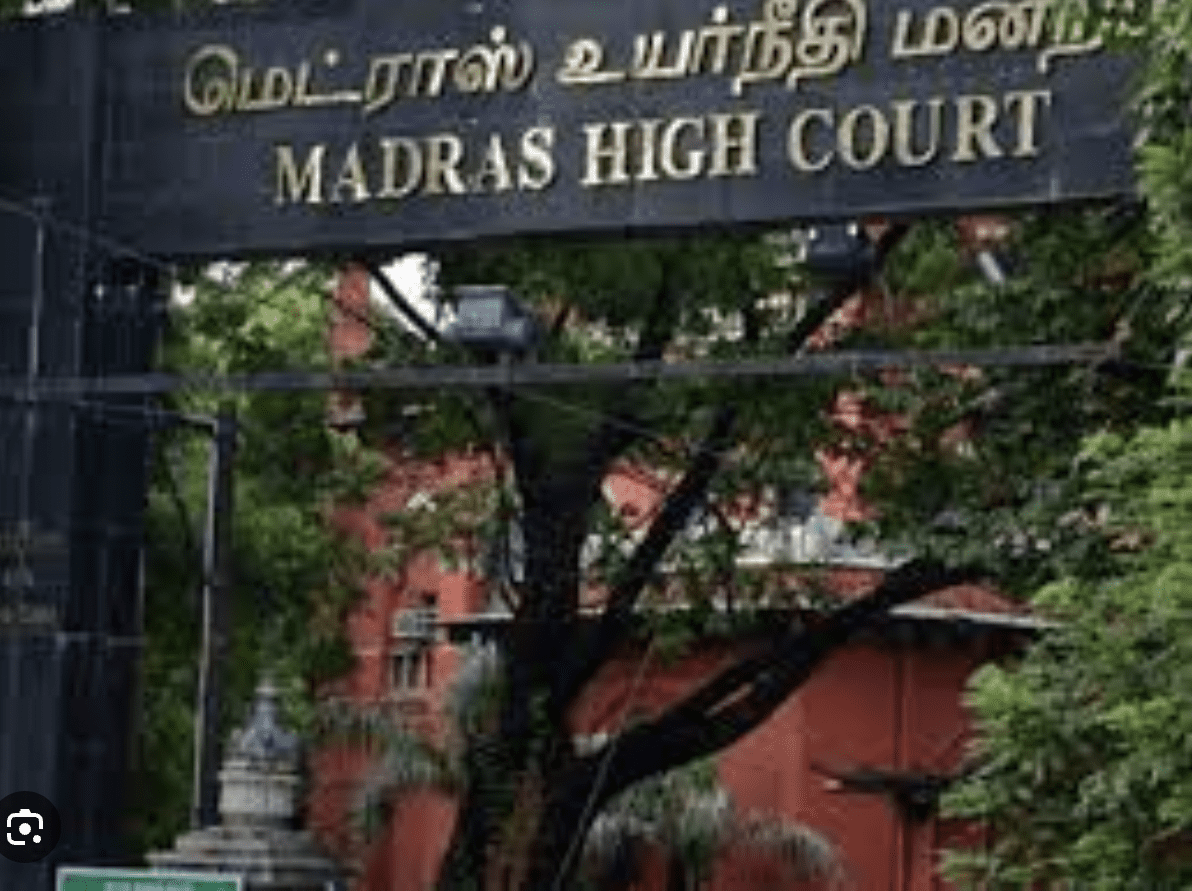Case Title: Manav Menon Versus DCIT
Case No: CRL.O.P.No.26013 of 2021 and Crl.M.P.Nos.14387 & 14390 of 2021
Decided on: 17 October, 2023
CORAM: THE HON’BLE MR. JUSTICE G.K. ILANTHIRAIYAN
Introduction
The Madras High Court has while hearing a petition filed to quash the proceedings on behalf of the learned Additional Chief Metropolitan Magistrate, (E.O-II) Egmore, Chennai, who has taken cognizance of the offence punishable under Section 276CC of the Income Tax Act, 1961 decided that as a result of the tax payable falling below the designated level of Rs. 3,000 after accounting for prepaid taxes that the prosecution under Section 276CC of the Income Tax Act is not maintainable.
Facts of the Case
In this instance, the respondent or the department has jurisdiction over the accused or petitioner, who is an assessee. The petitioner failed to file the return of income for the assessment year 2013–2014, which according to Section 139(1) of the Income Tax Act should have been submitted on or before September 30, 2013, the department found out during the assessment processes. Additionally, it was mentioned that the petitioner had a source of income at this time.
The petitioner then got a show cause notice, which required him to justify why his deliberate failure to file the income return should not trigger proceedings under Section 276CC of the Income Tax Act. The petitioner declined to reply after receiving the notification, which resulted in the department to assert that he is liable to be prosecuted for the offence under Section 276CC.
The proviso of Income Tax Act Section 276 subclause (CC) serves as the foundation for the petitioner’s defence. This rule states that if the tax due on the total income determined, less the tax withheld at source, does not exceed Rs. 3,000/-, no one will be prosecuted. The petitioner claims that his tax liability is limited to Rs. 3,000, even though he filed a delayed income return subsequent to being notified of the show cause notice. The petitioner additionally requests a reimbursement of Rs. 460.
The petitioner contends that the respondent began the prosecution too soon, even before the assessment was finished. According to the petitioner, his income has not beyond the threshold specified by the Act for tax assessment. Thus, the petitioner argues that the respondent’s initial prosecution is unmaintainable.
The petitioner allegedly neglected to file his income tax returns for the assessment year 2013–2014, according to the department. The petitioner did not come forward to file his income return, even after notice under Section 276 CC of the Income Tax Act was issued. Thus, in accordance with Section 276CC of the Income Tax Act, the respondent properly brought legal action against the petitioner. Thus, under subclause ii(b) of Section 276CC of the Income Tax Act, the petitioner is not entitled to any benefits.
Courts analysis and decision
The court emphasised that proviso (ii)(b) of Section 276CC protects legitimate assessees, including those who file returns after the assessment year has ended but before the deadline or those who have essentially fulfilled their tax obligations by paying taxes in advance, shielding them from the harsh consequences of prosecution under Section 276CC. The petitioner has settled taxes of Rs. 23,75,066 under the categories of Advance Tax, TDS, TCS, and Self-Assessment Tax, the court observed. The petitioner owed Rs. 23,74,610 in total in taxes and interest, according to the returns. Therefore, proviso (ii)(b) of Section 276CC functions to protect the petitioner from prosecution under Section 276CC of the Income Tax Act in exchange for a claimed refund of Rs. 460.
“PRIME LEGAL is a full-service law firm that has won a National Award and has more than 20 years of experience in an array of sectors and practice areas. Prime legal fall into a category of best law firm, best lawyer, best family lawyer, best divorce lawyer, best divorce law firm, best criminal lawyer, best criminal law firm, best consumer lawyer, best civil lawyer.”
Written by- Rupika Goundla


